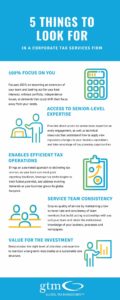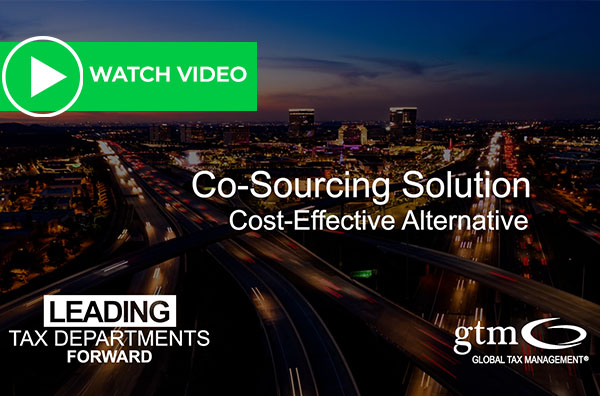The complexities of the sales and use tax process have skyrocketed over the past few years, thanks to new legislation, higher rates, state nexus issues, and COVID-19, to name just a few. And yet, the greatest challenge facing a sales and use tax function remains constant: resources. While the complex responsibilities of executing an effective, accurate sales and use process that maximizes cash savings have only increased, resources have remained stagnant at best – and have decreased at many companies. As a result, companies frequently overpay use tax due to inefficient processes, lack of maintenance to the tax engine, or other errors in the process that are caught too late.
The current business environment does not allow room for companies to lose cash needlessly. Thankfully, this loss is preventable.
Why Monthly Use Tax Reviews Matter: Catch Errors, Save Cash
Even the most effective sales tax engines are not perfect, and there is rarely a resource specifically dedicated to facilitating the use tax review process and/or maintain the tax engine. And with such a short window for reviews to be completed each month, they are often overlooked or, at best, performed at a high level. But when done effectively, a monthly use tax review identifies and quantifies process gaps, inefficiencies, areas of risk, and data inaccuracies that, if caught before payment is made, prevents overpayment.
When overpayment occurs, it is often the direct result of process inefficiencies. These can include multi-step tax determinations, outdated software or tax calculation materials, gaps in the exemption certificate process, and exposure in jurisdictions where you are not currently filing. A lack of ongoing tax technical education plays a role as well. A comprehensive process review consolidates these findings, identifies problem areas based on risk, and recommends solutions that often leads to better compliance and cash savings. Ultimately use tax reviews can help mitigate future exposure and provide better handling of state and local tax audits.
How Monthly Use Tax Reviews are Performed
The most important step in conducting monthly use tax reviews is identifying the dedicated resources to do so. If the in-house resources are not able to be utilized, many companies leverage co-sourced talent that works alongside you to truly augment your team. This is a best-practice approach providing in-depth knowledge of your sales tax profile, and transferring that knowledge, efficiencies, and consistency to the use tax process. For many companies, the solution to outsource the use tax review process is a better fit.
Once resources are identified, Global Tax Management recommends that the review team completes the following steps:
- Gathers detail, line-item data for reporting;
- Formats the data into allowing efficient decision-making, actionable insights;
- Hyperlink invoices to schedules for review; and
- Develops rules for specific vendors, GL accounts, cost centers, and other data attributes based on prior months’ reviews.
Depending on your team’s expertise and the availability of the technology, software platforms like Alteryx can be used to create an automated workflow for these steps, reducing the need for human time and effort, while increasing turnaround times.
Use Tax Reviews Empower Companies
Some transactions may require further research/investigation and use tax payments can be deferred to allow for appropriate inquiry. Over time, monthly use tax reviews empower clients to make long-term process improvements and provide guidance to reduce repetitive errors.
Contact us if a conversation about your compliance process would make sense. If there is a history of significant use tax payments, we can quickly assess the potential value of the monthly use tax review.



